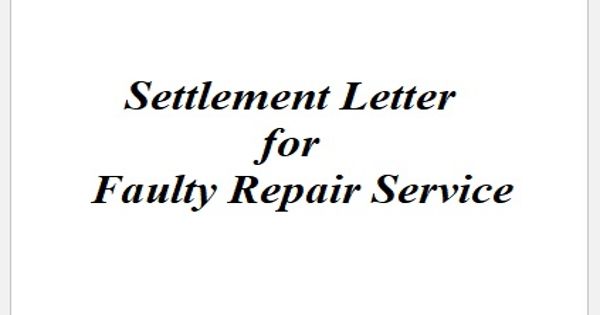Highly insecure people are individuals who experience feelings of inadequacy, self-doubt, and anxiety about their abilities or worth. Insecurity can manifest in various ways, such as excessive self-criticism, avoidance of social situations, seeking constant validation from others, and comparing oneself to others.
As a leadership consultant who studies workplace psychology, I (Stefan Falk) have spent more than 30 years helping thousands of individuals navigate tough relationships.
I have found that one of the most difficult personality types to deal with are highly insecure people. These are the folks who find comfort in stable and predictable environments. They prefer security and despise changes. But change is a necessity for success.
Unfortunately, I have seen many teams and organizations fail because of a highly insecure person standing in the way. The first step to preventing things from getting worse is to know how to identify them.
Are you dealing with a highly insecure person?
Here are seven things highly insecure people say when they sense that change is coming:
1. “I don’t have time for this. My other priorities are more important.”
Usually, it’s not that they don’t have enough time; it’s that they don’t know how to manage it effectively. And they rarely have any deliberate or mindful strategies of how to prioritize their tasks.
2. “I’ve already tried this or something similar, but it didn’t work.”
This claim is often a complete lie. Insecure people don’t try new things. They mostly talk about trying new things at best.
3. “This is just another way for management to cut jobs.”
Highly insecure people who don’t believe they’re validated and appreciated at work can become paranoid. They may suspect that someone, most often those in leadership, are out to “get” them.
4. “This is a stupid idea. Everything is working fine as it is.”
When a highly insecure person has a strong and dismissive reaction to a new initiative, it may be a sign that they realize they will have to put more effort into their work, and they feel threatened by it.
5. “This might work for others, but it’s not for me.”
Insecure people are big on inflating how unique they are and how special the conditions surrounding their work are.
6. “Can’t we think of something else? I’m not feeling this.”
This is usually an attempt to stall and completely avoid any real change or improvement. Usually, the alternate approach that the insecure person recommends is only a continuation of their previous conduct.
7. “It’s obvious that whoever came up with this idea is clueless about the complexity of my work.”
If a person claims that what they do is too difficult and can’t be comprehended by someone else, it only means that they actually don’t fully understand what they do. Or they may be avoiding being transparent because they have something to hide.
How to handle a highly insecure person
The most important thing you can do is to develop a sense of compassion for your insecure colleagues. Having dark, negative thoughts about them won’t get you anywhere.
Find a balance between being supportive and exercising tough love. Keeping your cool and remaining positive, but resist the need to express sympathy. People who are insecure frequently respond without giving their actions any thought or explanation.
If they only get a comforting response from you, it could make them believe that they are right to be fearful or reactive, and not interrogate why.
And don’t accept excuses. It will only make it easier for them to stay stuck in their ways. Instead, follow this mantra: “An excuse is a claim, and a claim needs to be proven to be true.”
Ask them to identify what is now true in order to expose any flaws in their logic. This technique can assist individuals in realizing that their justifications might be impeding their ability to accomplish what they could if they faced their concerns.
















